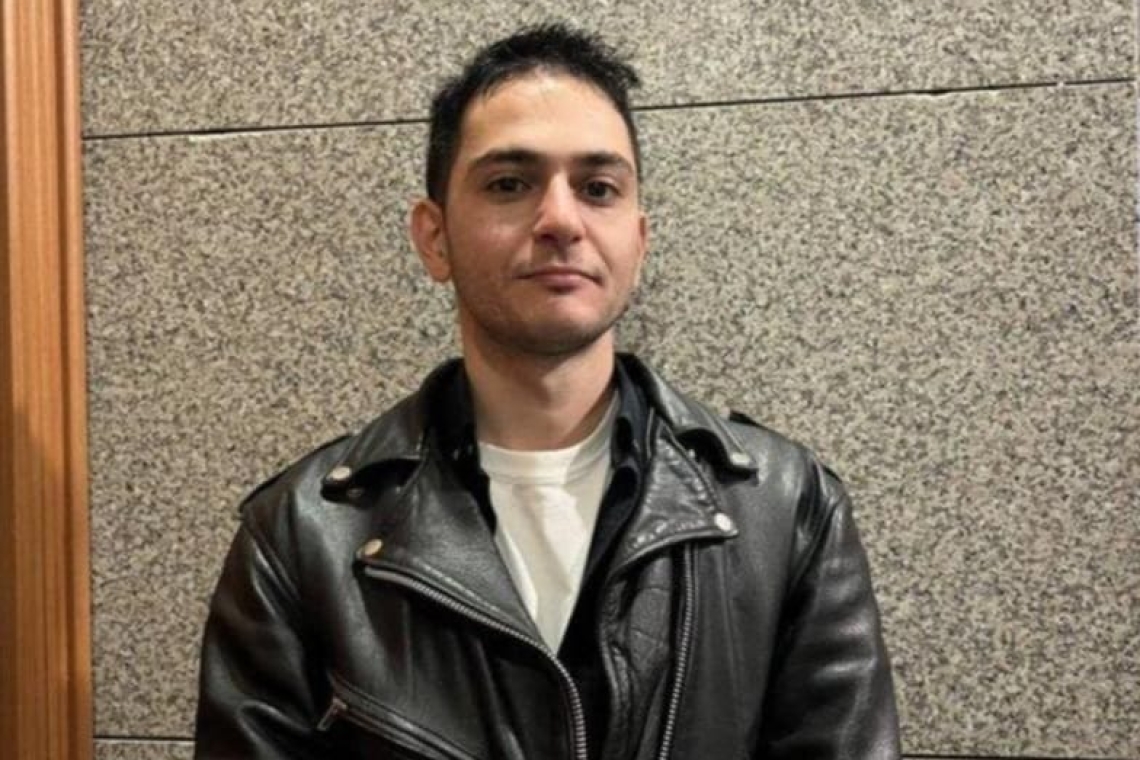Turkish journalist Furkan Karabay appeared in court for the first hearing in a case where he faces multiple charges over his reporting on a corruption investigation involving Ahmet Özer, the mayor of Istanbul’s Esenyurt district. Despite being released from custody in a previous case, Karabay has been held since May 15 in connection with a new investigation and was brought to the hearing from Marmara Closed Penal Institution in Silivri.
Karabay is on trial at the Istanbul 22nd High Criminal Court on charges of “targeting individuals involved in counterterrorism,” “insult,” and “publicly disseminating misleading information,” stemming from social media posts and news reports related to the ongoing probe into Mayor Özer.
Speaking in court, Karabay defended his reporting, saying the news content in question was based on official legal filings and submissions made by Özer’s lawyers. “Media outlets like Sabah can name prosecutors Akın Gürlek and Can Tuncay, but when I do it, it’s called targeting? These were factual reports based on court documents. I don’t understand which sentence supposedly constitutes targeting,” Karabay said.
Calling the indictment “sloppy,” he added: “There’s nothing in what I’ve done besides journalism. I would write the same story again. We don’t work for mafias — we’re responsible to the public. Even if we’re jailed, we’ll be released and jailed again, but we’ll keep writing. What’s on trial here is journalism itself.”
The hearing was attended by representatives from the Journalists’ Union of Turkey (DİSK Basın-İş), the Committee to Protect Journalists (CPJ) Turkey representative Özgür Öğret, and many of Karabay’s colleagues.
Defense attorney Enes Hikmet Ermaner argued that Karabay’s posts were journalistic in nature and did not meet the legal criteria for the charges. “In order for the charge of targeting anti-terror officials to apply, the individual must be actively involved in counterterrorism, their identity must be secret, and there must be an intent to expose them,” Ermaner said, criticizing the prosecution for accepting what he called an unfounded indictment.
He also addressed the misleading information charge, pointing to a Nov. 6, 2024, legal filing in which Özer’s lawyers claimed the door to the municipal building had been broken. “A locksmith opening a door implies it was broken. Karabay reported a claim made in a legal filing. As a journalist, he has an obligation to report on such claims,” Ermaner said.
Another defense lawyer, Özge Naz Akkaya, stressed that Karabay is a courthouse correspondent and was reporting on an ongoing legal investigation. “There is no concrete evidence in the indictment showing how he allegedly targeted anyone. This is a matter of press freedom,” she said, calling for his acquittal.
After a short recess, the prosecutor submitted the main opinion, requesting a conviction on all three charges. In response, the defense requested additional time to prepare. Lawyer Ermaner also requested the lifting of Karabay’s travel ban, noting that his client remains in pretrial detention under a separate investigation.
The court agreed to lift the travel ban but postponed the hearing to Oct. 2 at 11:30 a.m. to allow time for defense arguments against the prosecutor’s sentencing request.
Karabay had previously been detained on Nov. 9, 2024, for his reporting on the Esenyurt corruption case and was released on Nov. 18. However, he was re-arrested on May 15 under a new investigation initiated by the Istanbul Chief Public Prosecutor’s Office. The continued legal pressure on Karabay has sparked criticism from press freedom advocates in Turkey and abroad.



